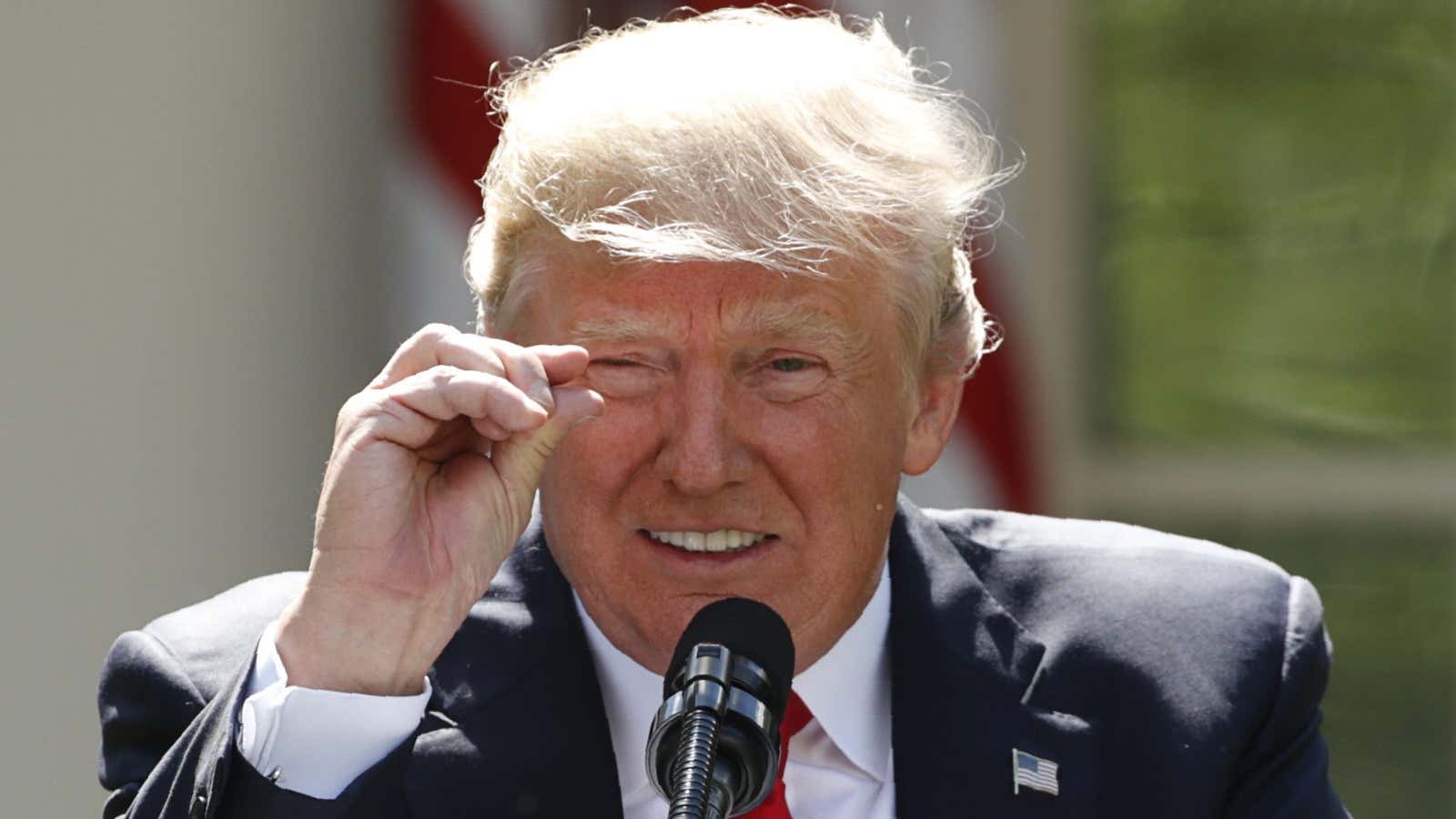On June 1, the Trump administration made the utterly irresponsible decision to exit the Paris climate accord. Predictably, global reactions are almost unanimously negative.
But what’s the scene in Paris itself?
There, Anne Hidalgo—the mayor of the city where the accord was negotiated—has convened an international forum called #Women4Climate, which is working to address the climate crisis. Meanwhile, new French president Emanuel Macron has pledged to double French solar and wind energy capacity by 2022.
Macron has even gone on TV to make a recruiting pitch to US scientists and clean energy technologists to relocate to France, saying “you are welcome here.” This raises the very real and frightening possibility of an exodus of scientific and technical expertise from the US resulting from Trump’s exit from Paris.
Whether US scientists and engineers take up Macron’s offer or not, Trump’s misguided attempt to revive fossil fuels will undermine American innovation and technological advances—even while the rest of the world benefits from a growing clean energy economy. The White House’s open disdain for climate science will embolden other countries to make pitches similar to Macron’s.
Why shouldn’t they?
They’re likely to find a receptive audience among climate scientists and clean energy researchers, whether employed directly by the federal government or reliant on federal research grants, who face the prospect of being laid off or losing funding for their research. The president’s budget proposal, which deeply slashes funds for these investments, sends a clear message about the government’s wrongheaded priorities, whether it’s enacted in entirety or not.
It calls for cutting more than 3,000 positions at the Environmental Protection Agency, along with a stunning 93% cut to the Department of Energy’s Advanced Research Projects Agency–Energy, which was formed to research clean energy and smart grid technologies. It also calls for eliminating NASA’s Orbiting Carbon Observatory-3 instrument, which was scheduled to be installed on the International Space Station later this year, and for cutting $250 million in grants funding coastal and marine research, including research on climate resilience and adaptation.
These are just a few of the disastrous cuts that Trump has proposed. In all, we’re talking about thousands upon thousands of scientists and engineers who will be laid off or otherwise unable to do their research.
Plus, thousands of laid-off scientists would mean less spending in local economies and less tax revenue for state and local governments—and consequently, a sizable number of laid-off store clerks, restaurant servers, hairdressers, teachers, firefighters… Well, you get the picture.
The silver lining is that we still have our states and cities, which have historically led the nation in taking bold action on climate. In a recent report for the Institute for Policy Studies, I document how Oregon is phasing coal out of its electricity supply, Hawaii plans to get all of its electricity from renewables by 2045, and California is expanding solar energy access to low income people, including residents of multifamily apartment buildings.
And the best news? Promoting renewables through such policies makes perfect economic sense, because renewables are a proven job creator. Solar jobs in the U.S. now outnumber coal jobs by more than two to one, in spite of the fact that solar generating capacity in the U.S. is less than one-tenth of coal-fired generating capacity.
But we shouldn’t be overoptimistic. No state government—not even all the states collectively—can make up the entire shortfall in federal research funding. Trump’s attack on science and common sense will inevitably Make America Mediocre Again.
But by pursuing aggressive climate change action, as many of them are already doing, states can create opportunities for scientists and engineers to remain in the United States and offset a sizable part of the damage. Let’s just hope they don’t jump ship for France first.
